The Bone Booster
If you ask anyone where to find calcium, what would they say? If you ask someone what does calcium do, what would they say? The answers are most likely going to be milk and it makes our bones strong. Of all the nutrition messages, calcium is promoted the most. And with that being said, it is one that most North Americans fall short of.
Calcium is a mineral. Its found in large amounts in our earths crust. In our bodies it is stores in our bones, muscles and blood. 99% of it is present in our bones. Our body is constantly balancing the calcium levels in our blood stream and muscle’s cells. This balance greatly effect our bone health. If we don’t have enough calcium rich foods in our diets, our body takes calcium from our bones to fill up these two storage sites. A calcium rich diet is crucial for a healthy body.
What Does Calcium Do?
This mineral is way more than just an important part of our bones. It is a part of our cells membrane (outside layer). Allows substances to enter and leave our cells. Its involved in our muscles contractions and relaxation. One of those muscles being our heart. It helps with blood clotting, nerve impulses and aids with enzyme activity. Needless to say its a very important mineral. I will be focusing mostly on the effects it has on our bone health.
Bone Health and Calcium
Our bones are a living system. They are the frame work of our bodies. The minerals that harden to form the bone are in a constant state of turnover. About 15% of our bone mass is turned over annually. Our bone density reaches a maximum peak in our early thirties. This mean our bones are at their peak of strength. For the remainder of life we are just replacing annual turnover. They will not get any stronger or heavier.
We gain 45% of our bone mass in the first eight years of life. Followed by another 45% in the next eight years. It is very important in these younger years to be in a positive calcium balance. Meaning we are consuming more calcium than we are losing. When we are children we absorb 75% of the calcium we eat. As young adults this drops to 20-40%. And then to 15-20% after peak is reached in our thirties. As adults we want to make sure our intake is equal to our output (bone turnover and cell metabolism).
When we are young we are building strong bones. We are building these bones for the rest of our lives. By the time we reach twenty, we have almost built the bones we will have for the remainder of life. So it is very important that we encourage younger people to include many sources of calcium in their diets. Along with calcium, weight bearing activities is also vital for building bone density.
A diet rich in calcium and a life full of activity help young people build strong bones for the future. When we don’t meet our calcium needs and are not active as young people. We run the risk of our older selves having health issues. One of which is weak bones. Weak bones later in life can result in fractures, breaks and even worse Osteoporosis.
Osteoporosis
In North America, 50% of women are expected to have a osteoporosis related fracture in their life. Osteoporosis is a disease that affects both men and women. It weakens our bones to the point where they can break easily. Its very common in areas like the hips, spine and wrists. Osteoporosis is lifestyle related disease and can be helped by healthy intakes of calcium, Vitamin D and weight bearing exercises.
Our body is constantly balancing our blood stream and muscle cells levels of calcium. When we don’t include enough calcium in our diets our body is forced to take extra from our bones. When we are still in the growing stages of life. Our bones can’t build to their full potential if our bodies are constantly taking calcium from them. Adults that are not meeting their calcium intake are taking from bones that are not so quick to rebuild. When we are constantly having to take calcium from our bones it is almost as if our body is eating its our frame work. The more calcium we consume the less our body takes from our bones.
Women and Calcium
Women are at more risk than men when it comes to bone loss. In the decade leading up to menopause along with the decade after. Women lose as much as 2-5% of their bone mass per year. This is another crucial time of life where calcium intakes and weight bearing exercise is very important.
Unfortunately women are also more likely to suffer from eating disorders. As young adults we are still in the stages of building our bone density. When we are depriving ourselves of energy (calories) and nutrients. We don’t have the proper building blocks to create healthy strong bones for health later in life.
If we have a healthy intake of calcium through out life. We have bones that are denser. And therefore have more “affordable” bone loss possibility in later years. Bone loss is enviable as we age. But there are ways at which we can help slow this process.
Calcium, Not Just in Milk
Calcium is clearly very important for our bodies health. Making sure we get enough in a day helps us to build and maintain bones health and other functions. The Health Canada’s Scientific Review Committee has said, “Defining the adult requirements, upon which a recommended intake is usually based, has proven to be one of the most difficult problems in the history of human nutrition”. This comes from the fact that our blood and cell level of calcium is always maintained. Whether our diets include good amounts of calcium or not. And there is no way to see the effects of bone density health until years later.
Despite this challenge Acceptable Intake from Calcium have been established. Ages 1-3 need about 500mg daily. 4-8 800mg, 9-18 1300mg, 19-50 1000mg, and 51 and over 1200mg. You can see the years where the intake is more important.
One cup (250ml) of milk contains 305mg of calcium. Milk is an obvious choice when it come to meeting calcium needs. But there are many other choices when trying to meet daily recommendations of calcium.
Greens have an abundance of calcium. Broccoli, Chinese Greens, Collards, Kale, Okra and Mustard and Turnip Greens to name a few. Sea vegetables, Beans, Figs and fortified foods also contain calcium in good amounts. One cup of cooked Bok Choy contains 178mg. Edamame has185mg per cup. And 1/3 a cup of dried figs has the same amount of calcium as 1/2 cup of milk.
Fortified foods are another amazing place to find calcium easily. Fortified milks such as soy, almond and rice milk have added calcium to them. These can help those that do not consume or can not consume milk meet needs. It is usually the same ratio of calcium per cup of cows milk to Fortified milks. Calcium-set Tofu can be the most significant source to someone who chooses a plant based diet. Almonds, Sesame Seeds and their butter, Blackstrap Molasses and Fortified cereals all have significant amounts of calcium.
There are many sources of this important mineral. So in normal healthy people there is little need for supplementation. But for those who are of older or may have trouble absorbing calcium there are plenty of supplements available. We can absorb more calcium when it is spread out through the day. A Supplement and then a few sources from food through out the day is a great way to receive all our needed calcium. But those supplement need to be careful of taking too much.
Too Much Calcium
Too much calcium, usually from supplementation. Can lead to kidney stones a painful issue. High levels also interferes with the absorption of certain minerals; iron, zinc, magnesium, and phosphorus. Phosphorus is also an important mineral for bone health. If we have too much calcium in our system we cant absorb the important phosphorus. And therefore too much calcium effects our bone health. When we have too much calcium in our system its called Hypercalcemia. Elevated levels of calcium in our blood needs to be put somewhere. Our body loads our soft tissues with the extra calcium. This can lead to many problems associated with organs; the heart being one of them. Calcium also is helpful in nerves reactions. So too much can also effect our brains and nervous system. When we consume our calcium from food sources it is less likely for these issues to occur.

I hope this information about calcium was helpful for you. If you have any questions or want to sit down and talk about your nutrition please send us an email at [email protected] or click the link below.
Thank you all for your time and as always,
Healthy regards
Kj


